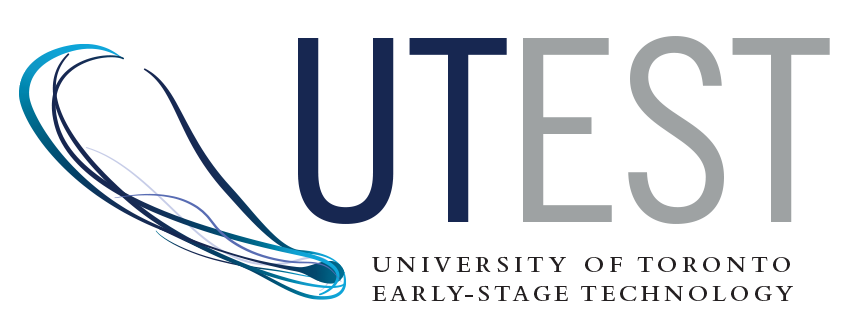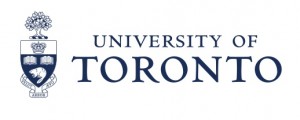UTEST’s co-directors share what makes for a great start-up application
 The University of Toronto Early-Stage Technology (UTEST) program helps U of T students, recent grads or professors to take their ideas to market.
The University of Toronto Early-Stage Technology (UTEST) program helps U of T students, recent grads or professors to take their ideas to market.
Successful applicants get mentoring, funding and work space over a 12-month period as they advance their ideas. The program is co-managed by MaRS Innovation and the University of Toronto.
In a U of T “Spotlight on Startups” news article, Brianna Goldberg spoke with Mike Betts and Kurtis Scissons, UTEST co-directors, on what makes for a great applicant.
Here’s an excerpt:
What are you looking for in an exceptional UTEST application?
Evidence of a strong and committed team. It’s critical to have standout technology and a great market opportunity but at the end of the day it’s the team that makes these businesses work—it’s about having a balance of amazing technical talent and business leadership and execution skills. When we come across an application that has a really awesome team, it stands out. – Mike Betts, UTEST co-directorWhat’s one common mistake you see in applications for UTEST that might cause them to be rejected?
Commitment. We want entrepreneurs that are fully committed to the program and to their new companies. UTEST is a serious program for serious entrepreneurs who want support to create a sustainable successful company. The application must exude your confidence in your idea and the effort the entrepreneur(s) will commit to see it successful. – Kurtis Scissons, UTEST co-directorWhat advice would you give to those considering applying to UTEST?
1. Build a balanced team. Understand the strengths of your team members and ensure that gaps can be addressed either through internal change or be open to external hires.2. Be passionate about your idea but also understand it will be a rollercoaster of emotions. –Scissons
Betts and Scissons are accepting applications for UTEST’s third cohort until April 17. Current students, current faculty and recent graduates of U of T are welcome to apply.

